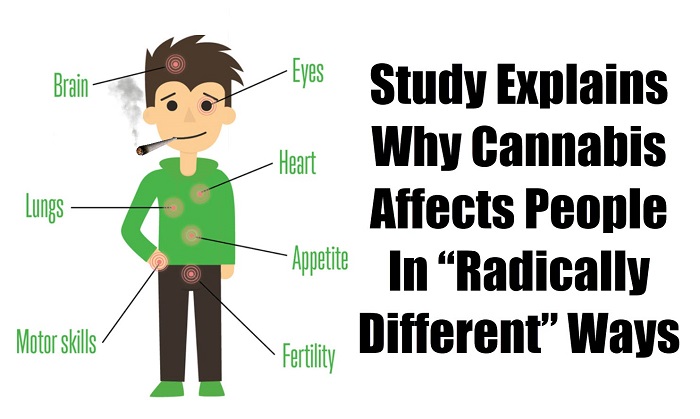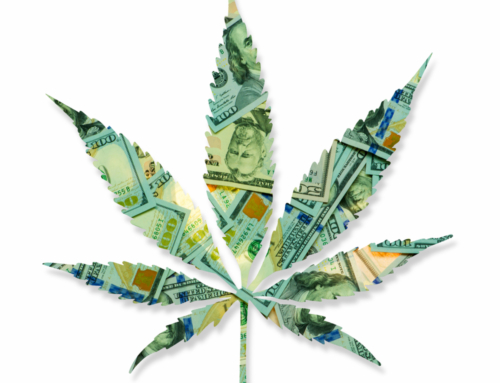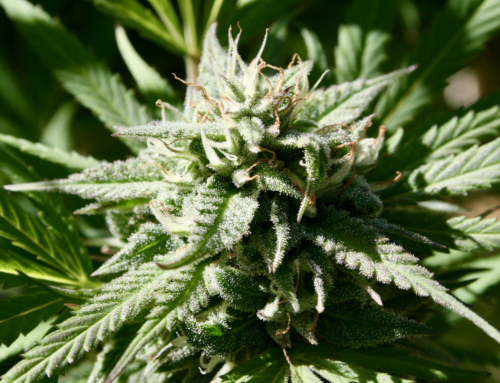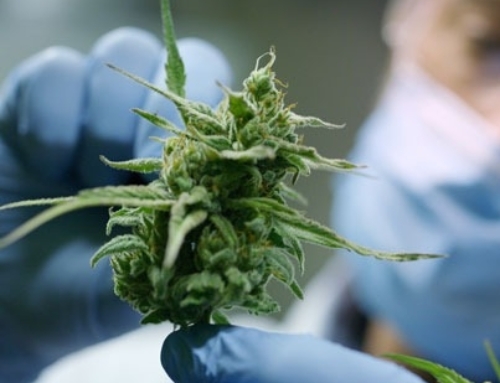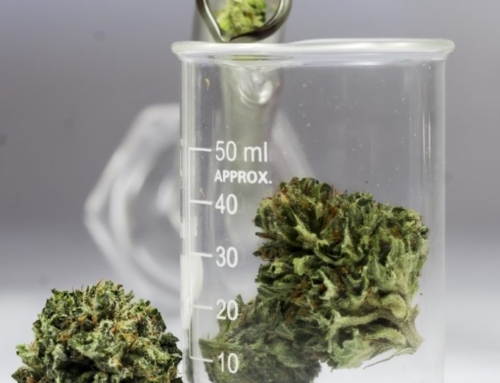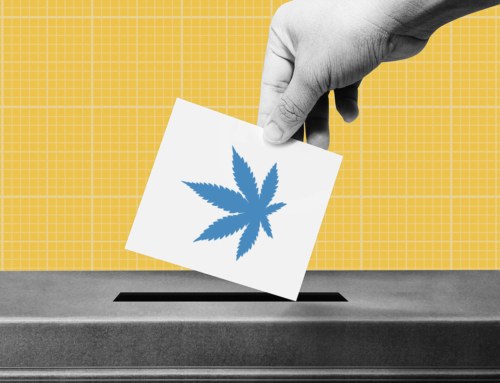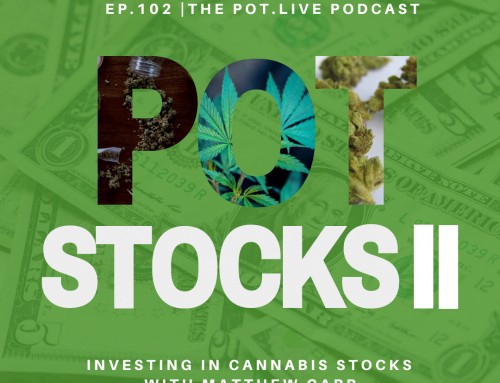It has become a well-known fact that cannabis affects everyone differently.
So differently, that an indica strain could actually make you feel energized, while it makes your friend fall asleep.
How exactly cannabis works, and why it does that, is still one of the plant’s many great mysteries, but scientists have already figured out some answers.
A recent study, published in Scientific Reports, just revealed some interesting insight into how the brain’s different regions result in “radically different” experiences when we consume pot. “Until now, it was unknown which specific regions of the brain were responsible for these highly divergent effects of marijuana,” explains Dr. Steven Laviolette, study lead author and a professor at Western University. Laviolette, together with Dr. Christopher Norris, examined the impact of THC on the brain of a rat. They found that THC can yield “highly rewarding” feelings in the nucleus accumbens of the brain, a structure that plays an important role in how we mentally perceive motivation, addiction, and reinforcement learning.
They also found that the rewarding impact of cannabis on this part of the brain was only observed in the front area of the interior structure. Meanwhile, in the rear area of this part of the brain, THC resulted in “highly aversive effects” such as “increased schizophrenia-related cognitive and emotional symptoms.”
“These findings are important because they suggest why some people have a very positive experience with marijuana, when others have a very negative experience,” explained Norris.
Additionally, the researchers point to genetics as a major reason why people have such different effects when consuming pot, since genetics can play a role in the sensitivity levels of the nucleus accumbens.
Aside from that, there are other studies pointing to the role that other biological aspects play in determining how cannabis affects everyone differently. These include gender, tolerance, biochemistry, genetics, distribution, weight, and body fat.
Even the state of your overall health will have an impact. That’s because a person who consumes pot recreationally will have a drastically different experience compared to someone who is consuming to treat an ailment or disease, since most of the time this is caused by an endocannabinoid deficiency.
Age also plays a huge role. That’s why your parents may have been so into pot back in the day, but you’ll hear many baby boomers say that they can no longer handle the high at their age.
While scientists work on digging deeper into the reasons why cannabis affects everyone differently, we also know that there are external factors at play. One of these is the environment and setting where you get stoned. Anyone who’s ever gotten a bad trip because of their setting can tell you what an important role your setting is in getting stoned. The setting can refer to your mood for the day, the place you toked up in, whether the place made you feel stressed out or comfortable, if you were around people and it made you anxious, etc.
You can smoke or consume the exact same cannabis product two days in a row but still experience drastically different effects. This is why you should be observant when it comes to how comfortable you are in various scenarios.
Dose also plays an important role, especially if you are trying a new form of cannabis such as concentrates or edibles. We always emphasize the importance of starting low and slow, and gradually increasing your dose until you find a comfortable high. You also have to take into account that different delivery methods will hit you differently. For example, eating edibles has been known to hit you 30 minutes (up to as long as an hour) and by the time it does, it can feel like you’ve been hit by a freight train if you took too much. It’s so complex, there is really is no one way to explain or determine it.
Finally, we also have to take into consideration the constantly changing cannabinoid and terpene profile of cannabis plants. What we knew 5 years ago is no longer relevant: each day, we learn something new about how the plant works and how it affects us.
And this will always be one of the great mysteries of cannabis.

